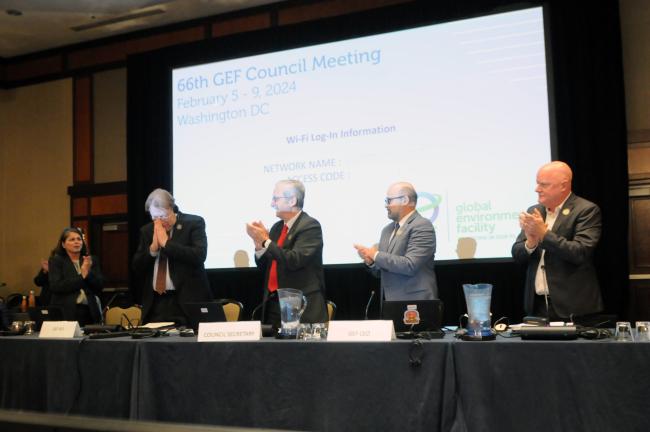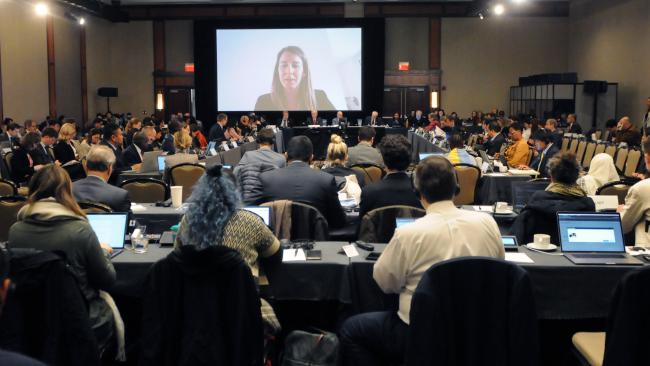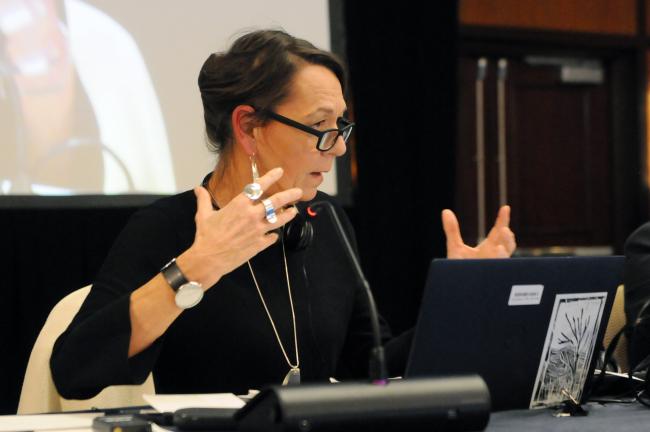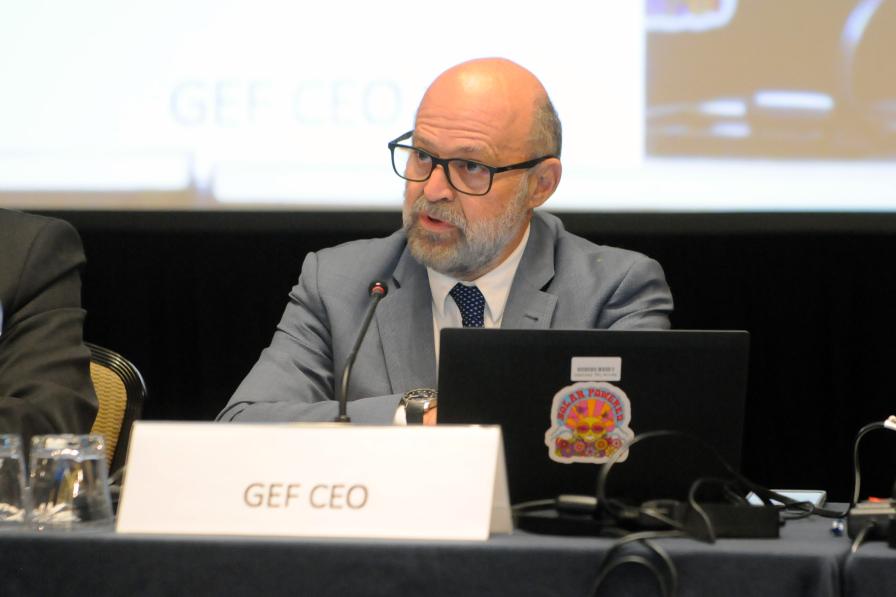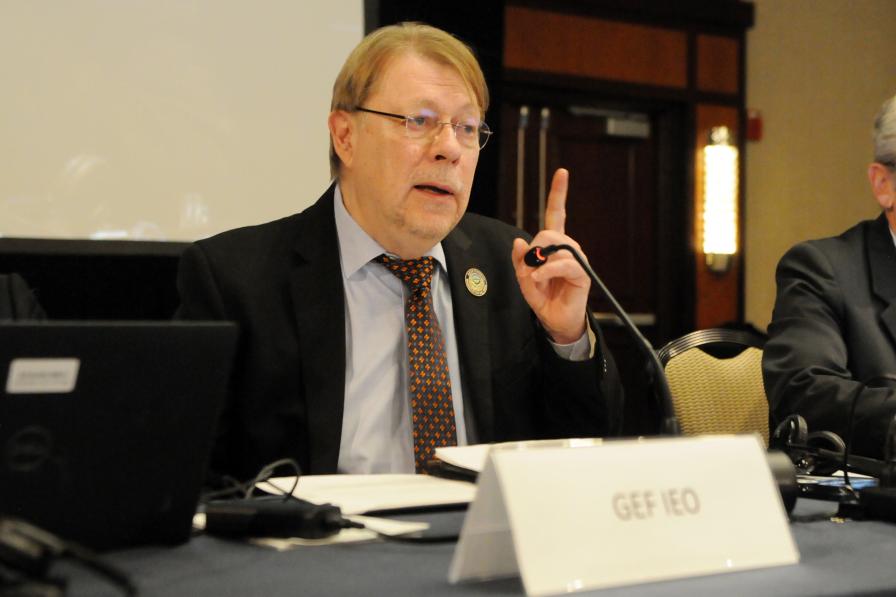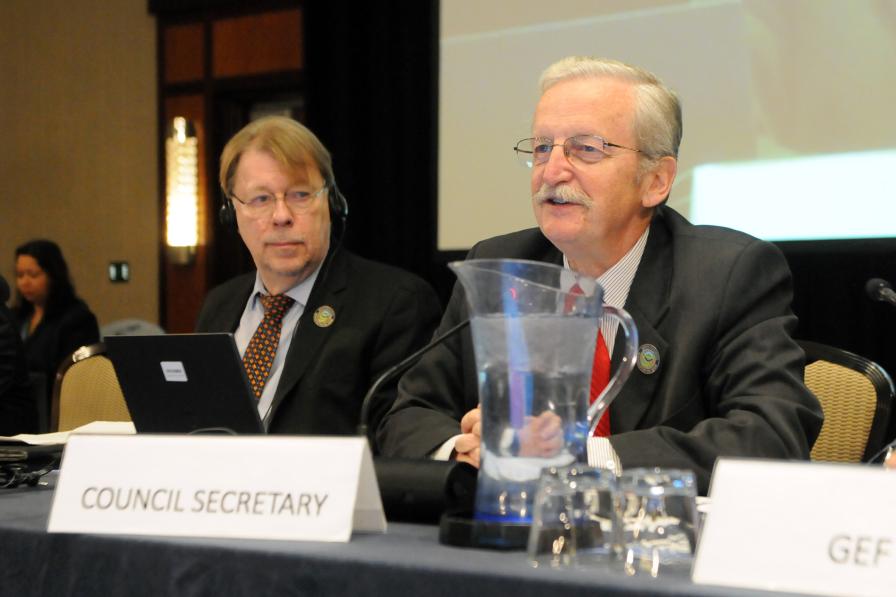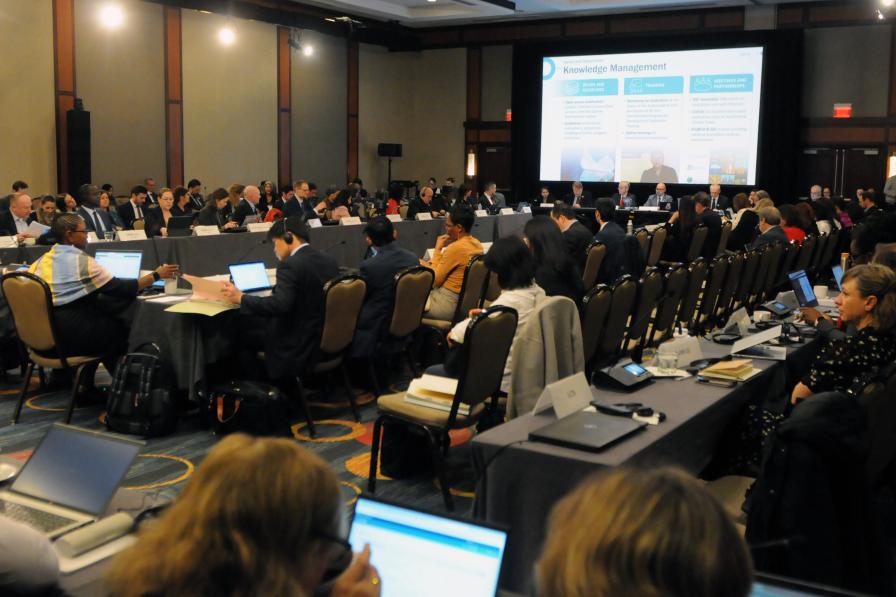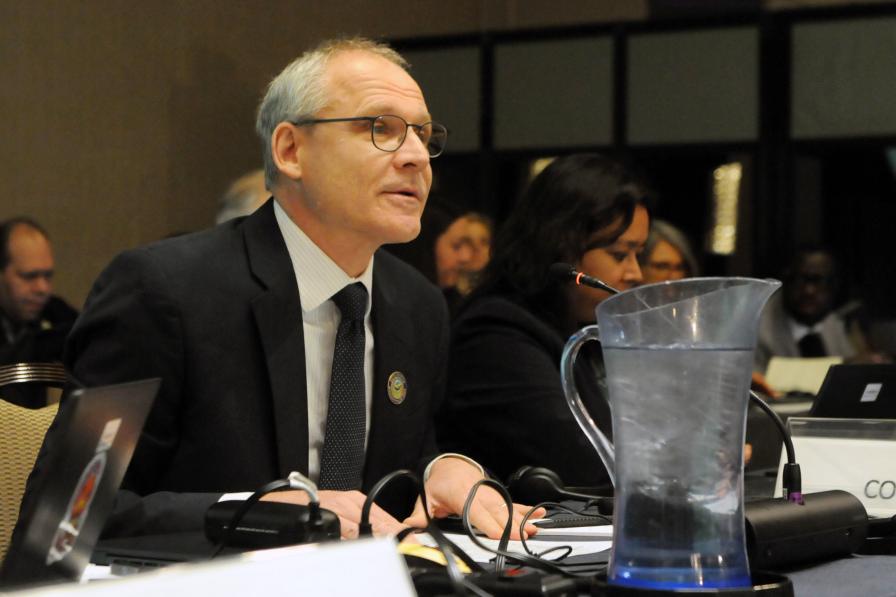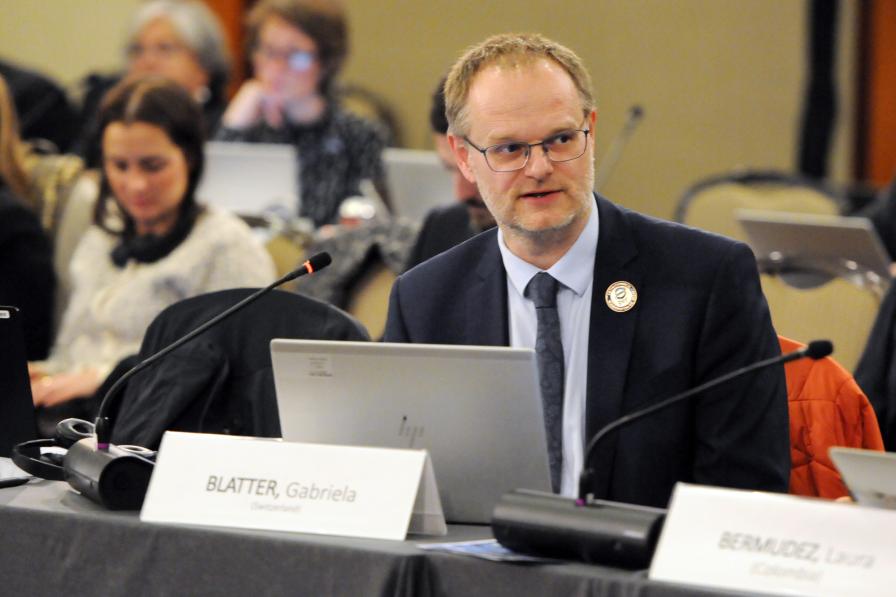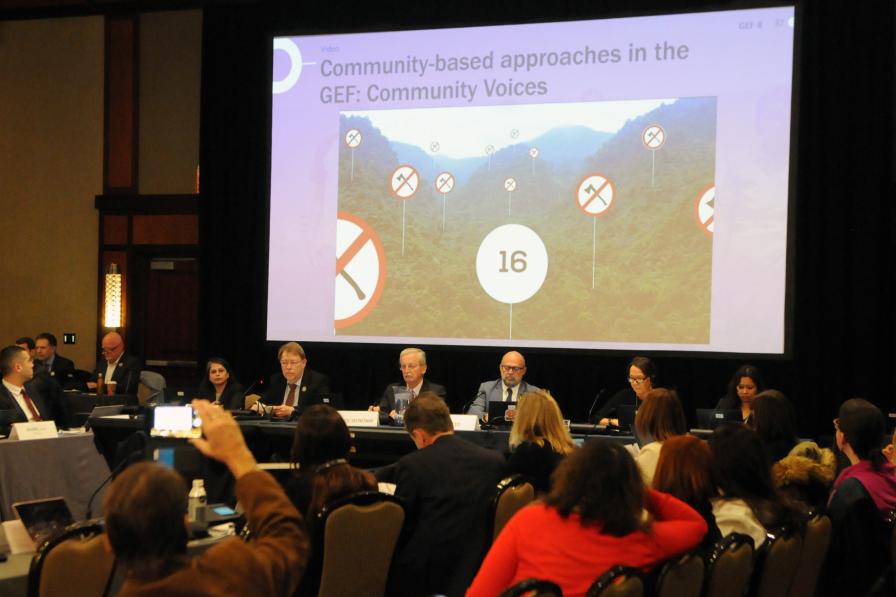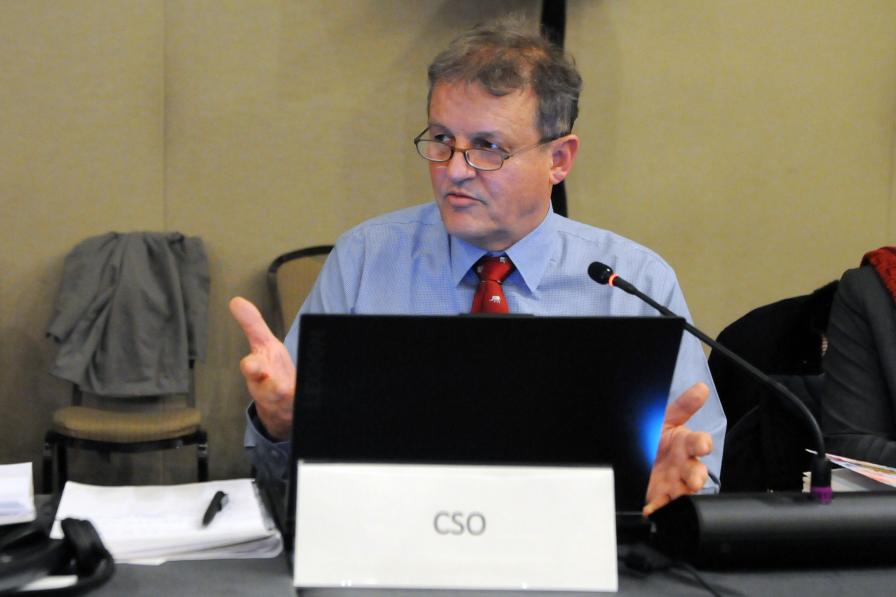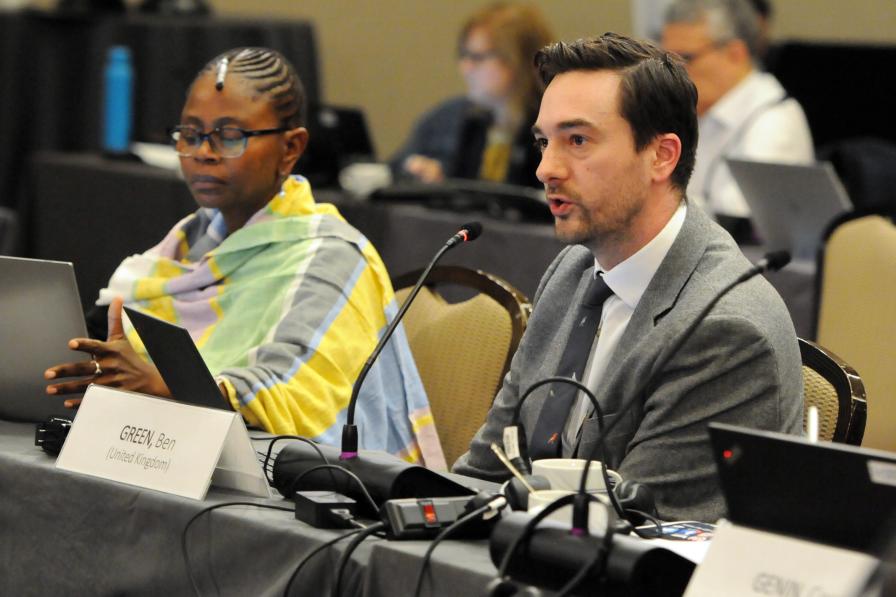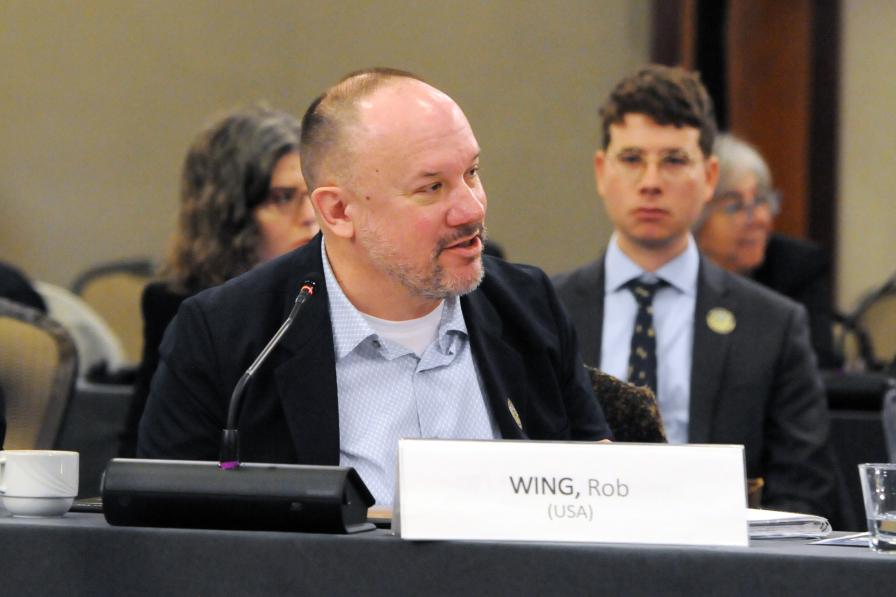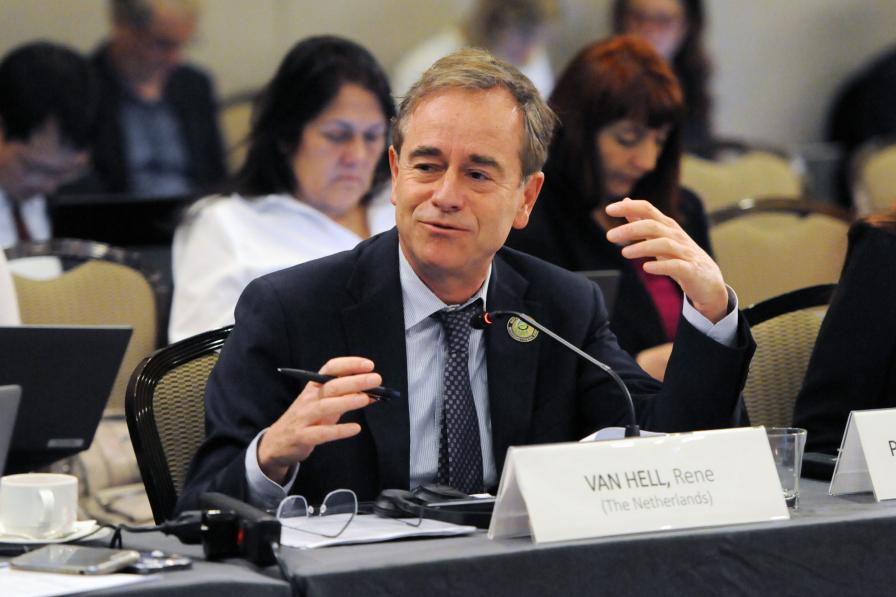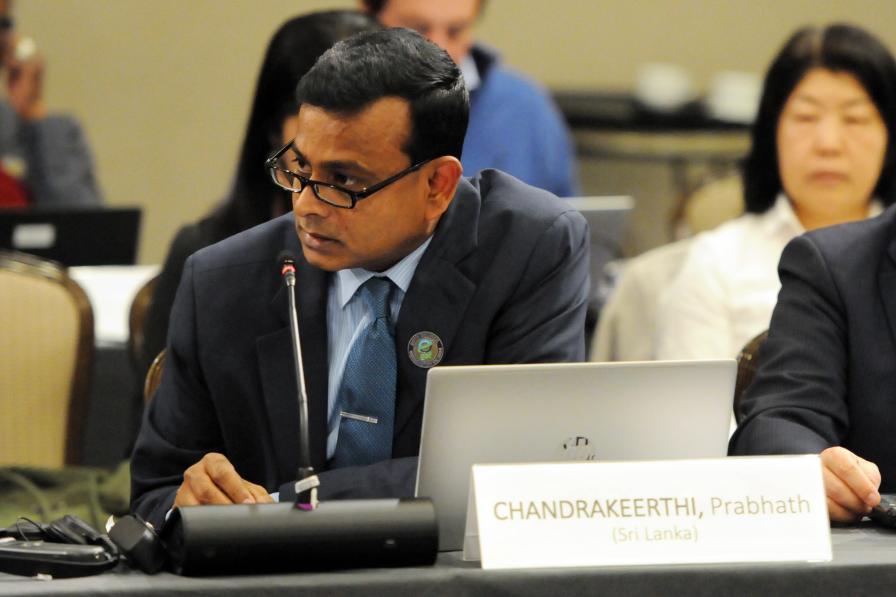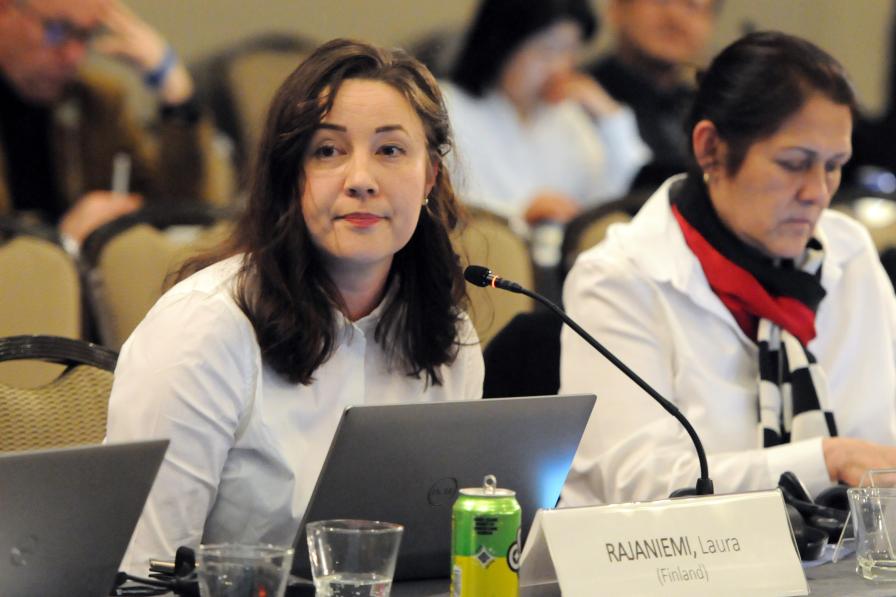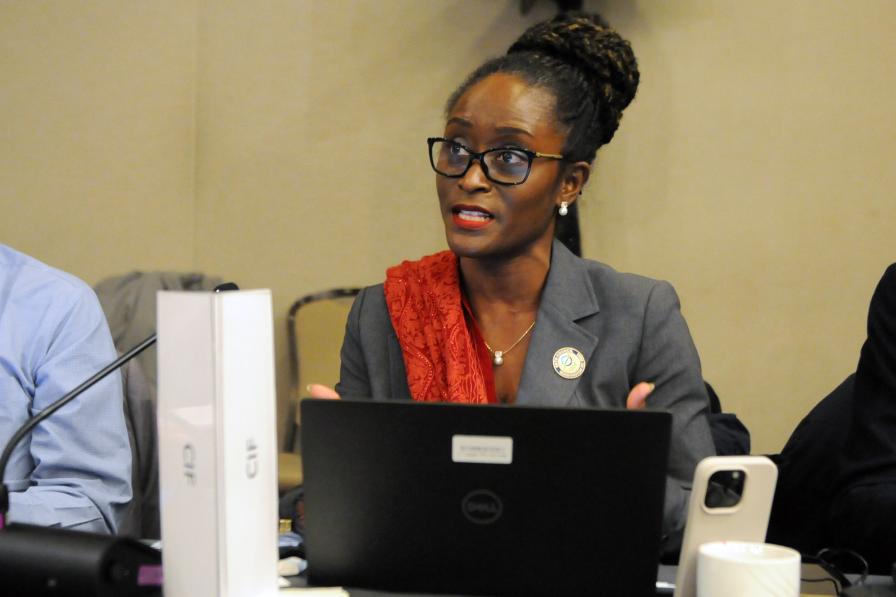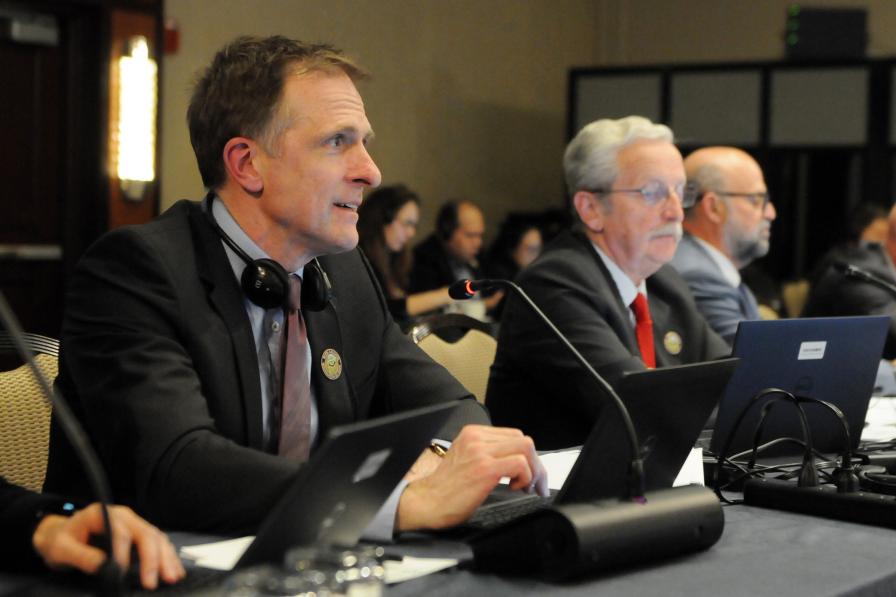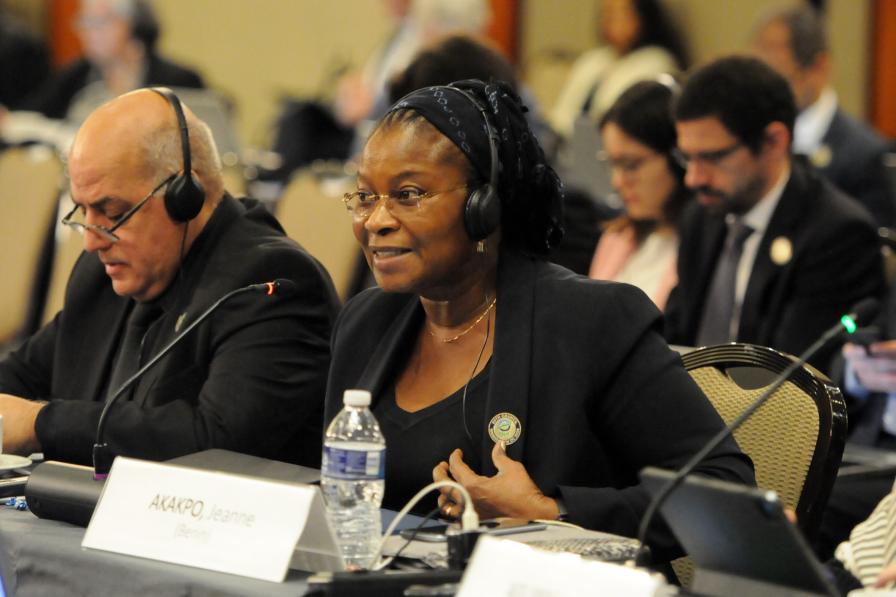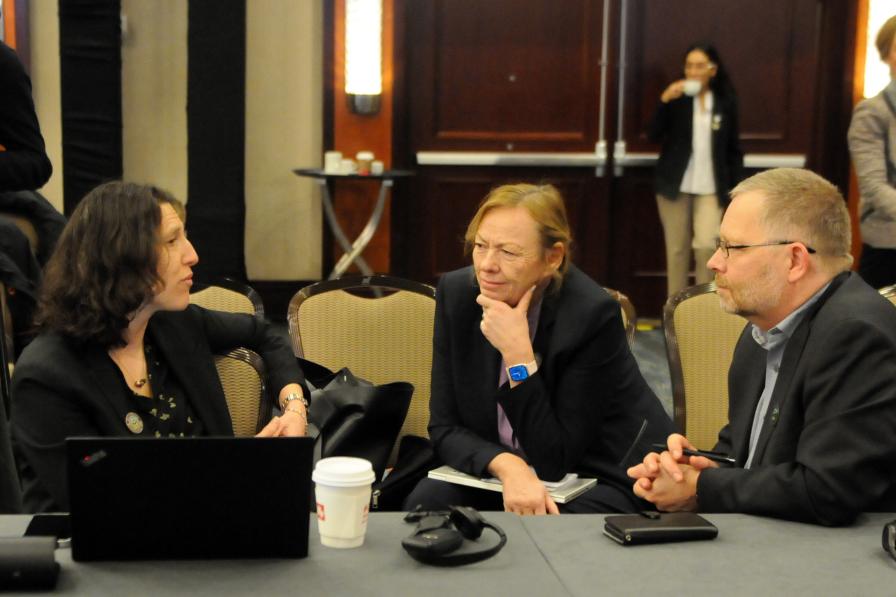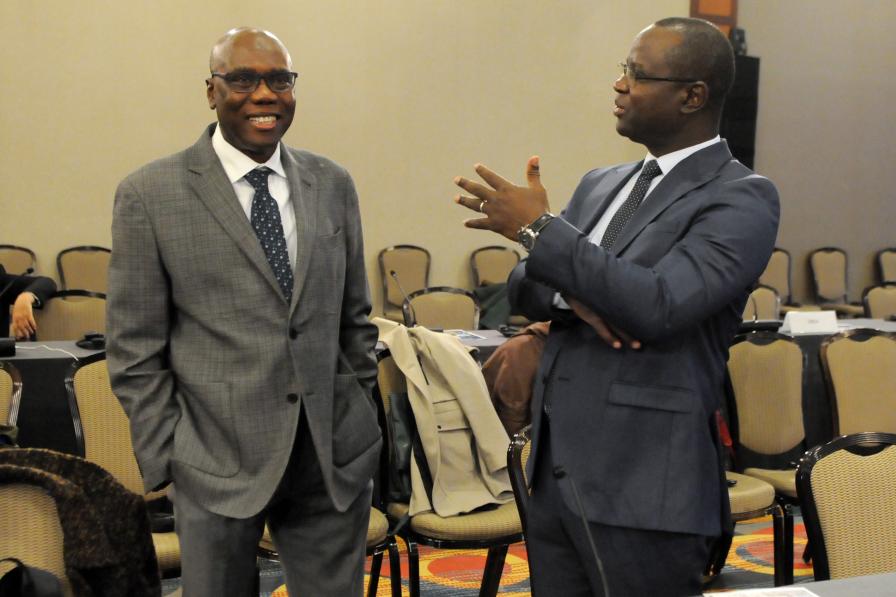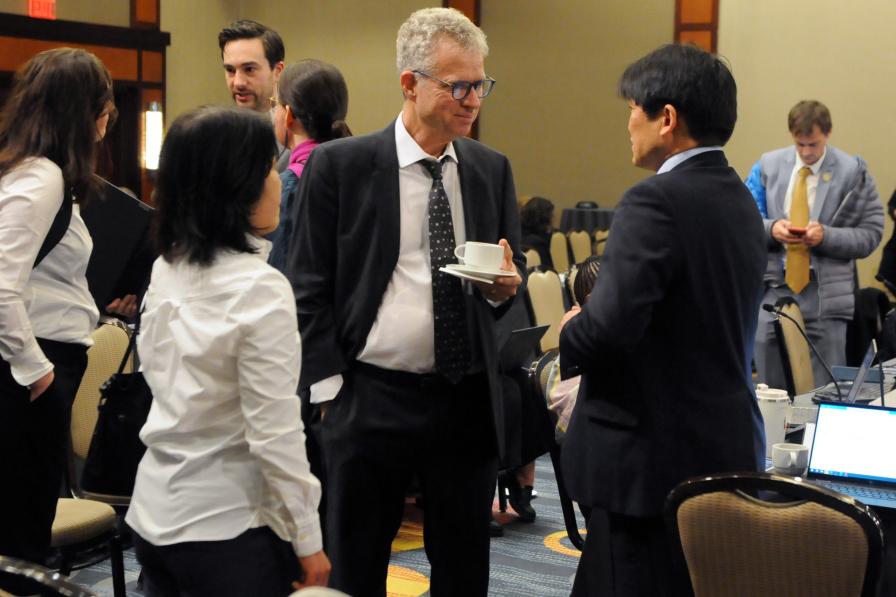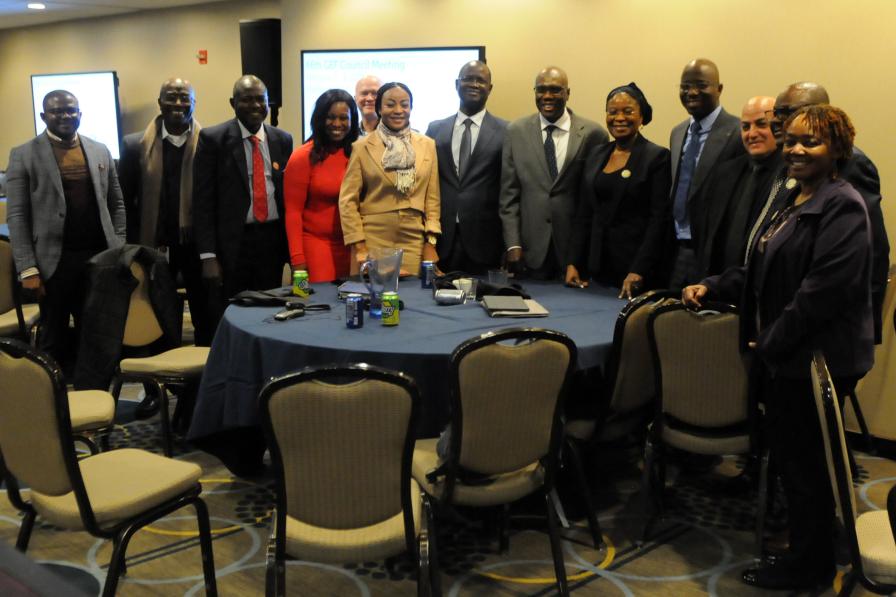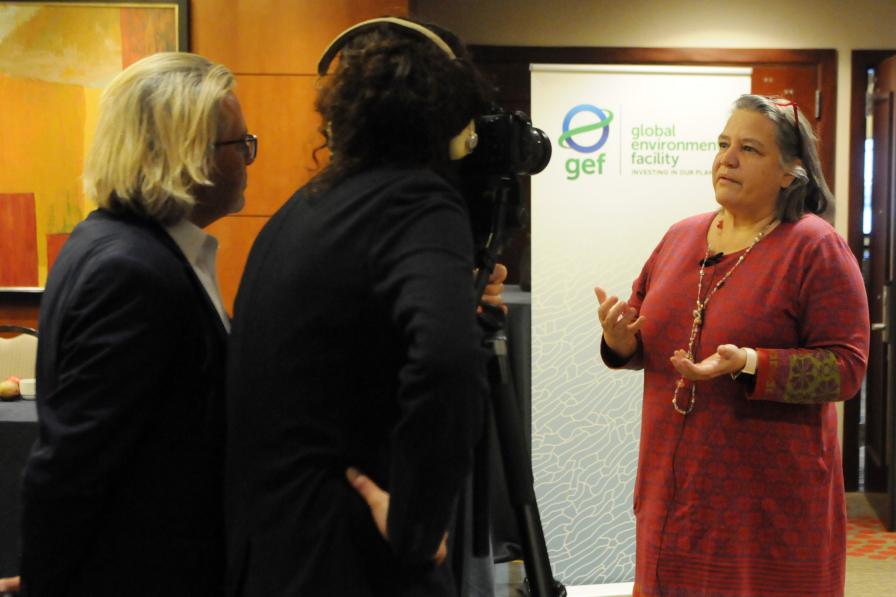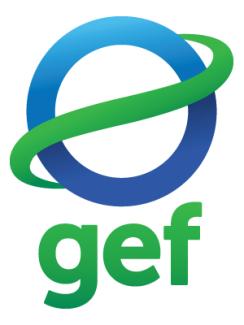On Tuesday, the Global Environment Facility (GEF) Council adopted a decision on GEF’s risk appetite. It also considered the evaluations and recommendations of the GEF Independent Evaluation Office (IEO) on: GEF support to dryland countries; community-based approaches (CBAs) at the GEF; learning from challenges in GEF projects; and GEF support to climate information and early warning systems. In addition, the Council discussed Secretariat gap analyses on: GEF funded activity and engagement in fragility, conflict, and violence-affected states (FCS); and GEF policies and key social inclusion issues.
The Council approved the Risk Appetite Statement and Framework, as well as the follow-up actions for implementation, proposed by a working group composed by the Secretariat, the GEF Scientific and Technical Advisory Panel (STAP), and Council Members. The Statement articulates the risk appetite for the whole GEF portfolio along three risk dimensions: context, innovation, and execution. It designates substantial, high, and moderate risk appetites for each, respectively.
On support to drylands countries, the Council endorsed the Secretariat’s support for the IEO recommendations, which called for:
- enhancing policy coherence at the subnational level;
- increasing attention in project design to land tenure security and conflict resolution for resource management;
- balancing attention in project design to fostering synergies and mitigating trade-offs between environment and socioeconomic development; and
- improving long-term monitoring of associated biophysical changes.
Regarding CBAs, the Council endorsed the Secretariat’s support of IEO recommendations on project co-design with communities and on results tracking of devolved responsibility and/or financial resources to the local level for GEF projects. Council Members also endorsed the Secretariat’s partial agreement with the IEO recommendation on the need for providing further clarity and guidance on CBA use.
On learning from challenges, the Council endorsed the Secretariat support of the recommendation to reflect eight guiding principles suggested by the IEO in GEF’s detailed action plans for knowledge management and learning.
Regarding support for climate information and early warning systems (CIEWS), the Council endorsed the Secretariat’s partial agreement with the IEO recommendations on shifting focus to fostering early actions during disaster events, aligning indicators with established good practices, and exploring strategies to enhance the financial sustainability of CIEWS components.
On GEF-funded activity in FCS, the Council discussed the Secretariat paper outlining GEF policies, guidelines, and approaches, and Agency and other environment funds’ approaches to the subject. The paper suggests potential areas for further GEF work on its approach and guidance related to FCS, especially guidance for GEF Agencies that have not developed FCS-related policies and operational guidance. The Council agreed to consider a draft decision on this topic on Wednesday.
As for key social inclusion issues, the Council discussed the Secretariat paper outlining existing policies and guidelines to identify potential for further work. The paper identifies some potential areas for further consideration, such as identifying opportunities to use non-discrimination consistently across GEF policies on stakeholder engagement, gender equality, and social and environmental safeguards. The Council agreed to consider a draft decision on this topic on Wednesday.
To receive free coverage of global environmental events delivered to your inbox, subscribe to the ENB Update newsletter.
All ENB photos are free to use with attribution. For the 66th Meeting of the GEF Council, please use: Photo by IISD/ENB | Diego Noguera

